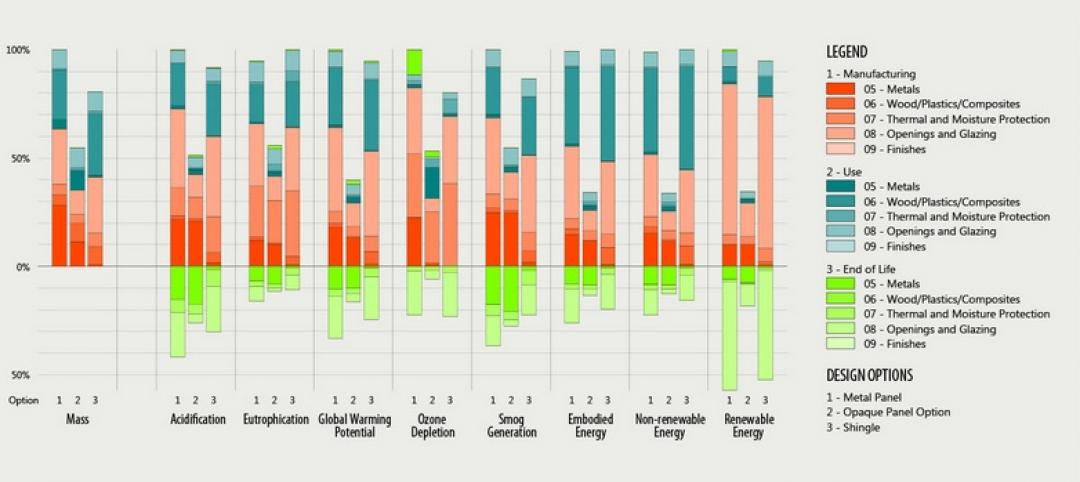The U.S. Department of Energy recently launched the zero energy schools accelerator, an effort to develop cost-competitive zero energy school design.
Six school districts, two states, and several national organizations are working collaboratively on the effort. DOE defines a zero energy building as “an energy-efficient building, where on a source energy basis, the actual delivered energy is less than or equal to the onsite renewable exported energy.”
The program’s goal is to quickly make Zero Energy K-12 schools more mainstream. Participating school districts commit to developing their own zero energy plans for a district project within a year. They can also engage with fellow states and school districts, and gain support from regional and national organizations.
Officials kicked off the program at a school in Arlington, Va., that features advanced next generation energy efficiency and renewable power features, including solar rooftop and geothermal heating and cooling systems. Zero Energy schools have the potential to save 65%-to-80% in energy consumption, depending on climate the zone, DoE says.
Related Stories
| Nov 27, 2013
Ohio legislators move to ban use of LEED on public construction
Two Ohio state senators have introduced legislation that seeks to ban the use of LEED in public construction.
| Nov 27, 2013
ASTM issues revised standard on phase I environmental site assessments
ASTM has issued revised standard ASTM E1527-13 that governs phase I environmental site assessments.
| Nov 27, 2013
Vancouver, B.C., bans doorknobs in building code update
The goal of making it easier for people to age in place led to amendments to Vancouver, B.C.’s building code including banning doorknobs in favor of lever handles.
| Nov 22, 2013
Kieran Timberlake, PE International develop BIM tool for green building life cycle assessment
Kieran Timberlake and PE International have developed Tally, an analysis tool to help BIM users keep better score of their projects’ complete environmental footprints.
| Nov 20, 2013
WDMA receives final approval on code amendments
The Window and Door Manufacturers Association (WDMA) was granted final approval of several amendments it proposed to the 2015 editions of the International Residential Code (IRC), International Energy Conservation Code (IECC), and International Existing Building Code (IEBC).
| Nov 20, 2013
Safe Jobs Act would provide more protection for New York City construction workers
Legislation that would require safety training for construction workers on public projects in New York City has been introduced to the City Council.
| Nov 20, 2013
Boston officials grapple with impact of new FEMA flood maps
New federal maps for Boston significantly expand the number of homes and businesses in areas considered at high risk of flooding, a change that could force thousands of property owners to purchase expensive insurance and complicate redevelopment along the city’s waterfront.
| Nov 20, 2013
How LEED and Green Globes stack up
An analysis of the strengths and weaknesses of the Green Globes rating system and LEED standards puts LEED ahead, but doesn’t discount the merits of Green Globes.
| Nov 14, 2013
First LEED v4 certified project garnered by Beijing furniture showroom
Haworth’s showroom in Beijing’s Parkview Green building has been recognized as the world’s first certified LEED project under the USGBC’s new LEED version 4 beta program.
| Nov 14, 2013
OSHA proposes requirement for large firms to disclose workplace injuries
A proposal from the Occupational Safety and Health Administration would require companies with more than 250 employees to disclose workplace injury and illness reports online.











